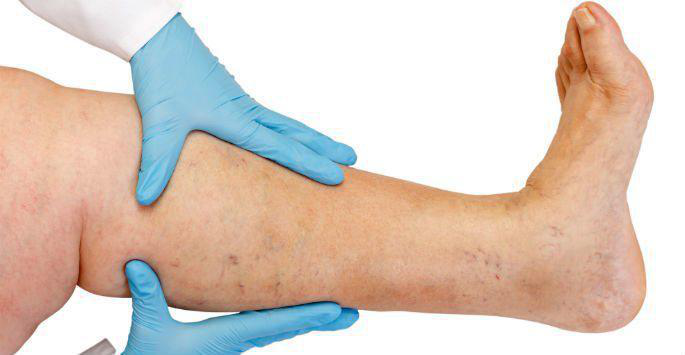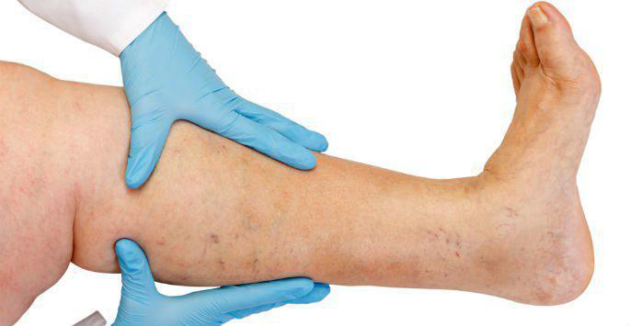
Vein doctor Ken Hollis, a specialist at Metro Vein Centers in Clear Lake, Texas, has performed hundreds of varicose vein treatments for satisfied patients. A critical aspect of success after surgery, he cites that post-operative healing is of the utmost importance when getting back on your feet once more.
Thanks to minimally invasive surgical techniques and procedures, it has never been easier to receive effective varicose vein treatment that leaves you looking and feeling great. If you are about to undergo surgery, or if you have recently had one done, you are likely to have questions as to what to expect during the healing process. How long will it take to recover? What activities are restricted? Are there complications and risks I should be looking out for? These and many other questions will be answered in the article following; read on to see what to expect during recovery:
How Long Will It Take To Recover?
The length of recovery time depends largely on the type of operation that you undergo. In general, there are two types of varicose vein surgery—endovenous laser treatment and ambulatory phlebectomy—these are typically 45 to 60-minute procedures, and patients are sent home the same day to begin recovery. More invasive procedures can require a brief hospital stay, but in general, even these patients are home within a day or two to begin the recovery process.
Most people require a 1-2 week recovery time, which is sufficient to get you up and around on your feet again. If you have received treatment for both legs, recovery time may take a bit longer.
If you have been sent home the same day, it is likely that your doctor will advise you to rest for the remainder of the day, as some patients experience stinging or burning when the anesthetic wears off. If the pain becomes nagging or bothersome, do what you can to manage with ibuprofen or a medication that your doctor may prescribe.
How Do I Care For The Affected Area?
Following surgery, dressings must remain on your legs for 24-48 hours, and you should expect minimal bleeding. You may shower, but it is not a good idea to sit in a bath or enter a pool of water until your surgical sites have healed.
Your doctor may ask you to wear compression stockings for the first couple of days following your procedure; they will help to promote healing and stimulate blood flow correctly.
When recovering, it is important to avoid sitting or standing on one position for too long. If you notice bleeding through bandages, elevate your legs and put pressure on the affected area to stop the bleeding. If bleeding does not stop, contact your physician to see what protocol should be followed.
Am I Able To Exercise?
Any form of strenuous exercise and heavy lifting should not be done for at least two weeks following your procedure. A regular walking routine, however, will do wonders for stimulating circulation and preventing the formation of blood clots. As your pain and stiffness decrease, you’ll be able to gradually increase the length of your walks. For those of you who just can’t wait to drive your car again, please wait up to 48 hours after your procedure to avoid complications with delayed reactions and pain and stiffness that could compromise your ability to safely drive.
Will I Need Follow Up Visits?
If you have undergone a radiofrequency or laser treatment, schedule a follow up appointment within the first 72 hours to ensure that the surgical site has closed completely. At times, a condition called phlebitis can occur, which is characterized by clumps and swelling in the leg. This condition usually clears on its own within a month following surgery.
Some patients can develop varicose veins years after surgery—-in order to prevent their reoccurrence, maintain a healthy weight, stay active, and consider the use of light support socks when on your feet for extended periods of time.
Deep vein thrombosis, a life-threatening condition that can cause clotting and distress throughout the body, can also occur after surgery, but its development is rare. If you have swelling or pain in your legs that does not go away, contact your vein doctor immediately to determine if this is the cause of your discomfort.
Metro Vein Specialists: The Best Treatment For Varicose Veins
Dr. Ken Hollis at Metro Vein Centers is committed to providing you with the best care and treatment of your varicose veins–from beginning consultation to follow up and after care, he attends to your every need through the entire process. Don’t struggle with painful varicose veins any longer; make an appointment for a consultation today. Healthier, more beautiful legs soon be yours under the expert care you will receive at Metro Vein Centers. Here’s to your best health!

